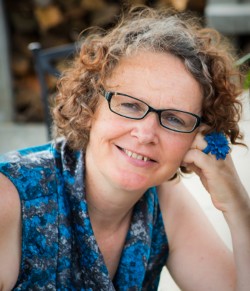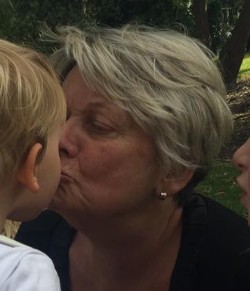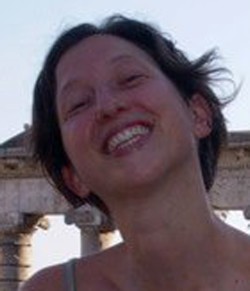ABSTRACT
Within the social and professional circles of the Pākehā (settler) authors of this article, we witness and aspire to cronehood as a status to be embraced – an opportunity to make old bones enriched with life’s experiences and promising the possibilities of shared life-enhancing wisdom. Cronehood, we posit, is something that may be nurtured in the context of community. Its potency cannot be separated from the consideration of the socioeconomic, political and environmental injustices that impact on the everyday choices of many people. Drawing on the work of Marshall, we pursue inner arcs of reflection on cronehood from our experiences as Pākehā women now in our thirties, forties and sixties. We also navigate the privileges and responsibilities we associate with our personal situations and the issues of our time and place. We then focus on Marshall’s ideas about outer arcs of reflection and influence to amplify our advocacy for public investment in the common good. Writing this article together drew us into fluid motion between inner and outer arcs of reflection, generating mutual enrichment in our thoughts about ageing and our advocacy for more explicitly activist and affective research orientations in and beyond the Academy.
Acknowledgements
Thanks to Simone Rodda for feedback on this draft and thanks to the many crones who have guided us on the interesting and unfolding paths that are our lives.
Disclosure statement
No potential conflict of interest was reported by the authors.
Notes on contributors
 Dr Heather Came is a seventh-generation Pākehā New Zealander who grew up on Ngātiwai land. She has worked for nearly 25 years in health promotion, public health and/or Māori health and has a long involvement in social justice activism. Heather is a founding member and co-chair of STIR: Stop Institutional Racism, a fellow of the Health Promotion Forum, co-chair of the Auckland branch of the Public Health Association and an active member of Tāmaki Tiriti Workers. She currently embraces life as an activist scholar. She is a Senior Lecturer based in the Taupua Waiora Māori Health Research Centre in the School of Public Health & Psychosocial Studies at Auckland University of Technology.
Dr Heather Came is a seventh-generation Pākehā New Zealander who grew up on Ngātiwai land. She has worked for nearly 25 years in health promotion, public health and/or Māori health and has a long involvement in social justice activism. Heather is a founding member and co-chair of STIR: Stop Institutional Racism, a fellow of the Health Promotion Forum, co-chair of the Auckland branch of the Public Health Association and an active member of Tāmaki Tiriti Workers. She currently embraces life as an activist scholar. She is a Senior Lecturer based in the Taupua Waiora Māori Health Research Centre in the School of Public Health & Psychosocial Studies at Auckland University of Technology.
 Until the end of 2016, Dr Maria Humphries served as Associate Professor of the University of Waikato. Teaching, research and supervision covered a range of topics in organizational and management studies, much informed by her qualifications in economic and organizational sociology and women’s studies. Maria was an early member of the Pākehā Treaty Workers in the Waikato area and the New Zealand Human Rights Foundation. She finds much joy and many challenges in attempts to live more inter-generationally.
Until the end of 2016, Dr Maria Humphries served as Associate Professor of the University of Waikato. Teaching, research and supervision covered a range of topics in organizational and management studies, much informed by her qualifications in economic and organizational sociology and women’s studies. Maria was an early member of the Pākehā Treaty Workers in the Waikato area and the New Zealand Human Rights Foundation. She finds much joy and many challenges in attempts to live more inter-generationally.
 An Italian/English activist, Miriam Sessa began feminist and social justice activism at the young age of 14 while living in Rome. Her past and current involvements include empowerment workshops for women, self-defence training, and domestic violence and sexual violence prevention and intervention.
An Italian/English activist, Miriam Sessa began feminist and social justice activism at the young age of 14 while living in Rome. Her past and current involvements include empowerment workshops for women, self-defence training, and domestic violence and sexual violence prevention and intervention.
